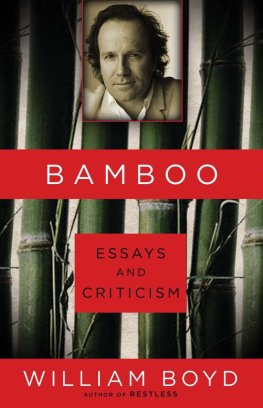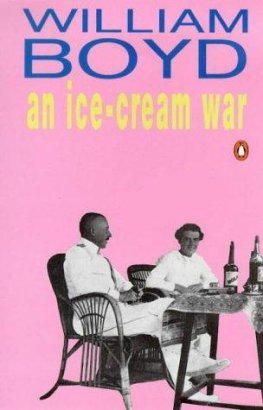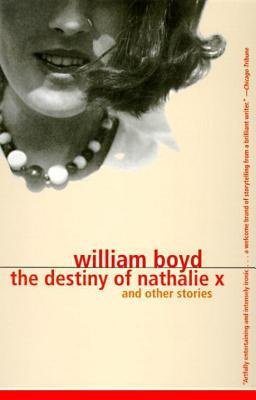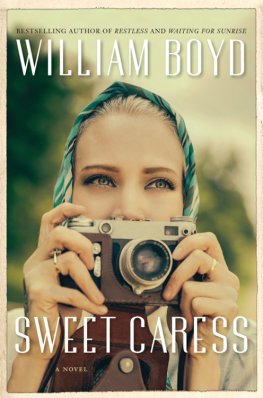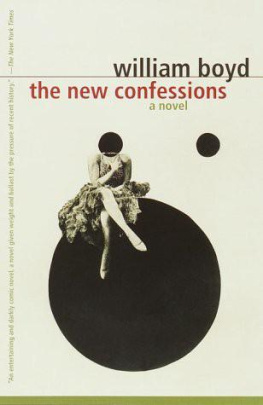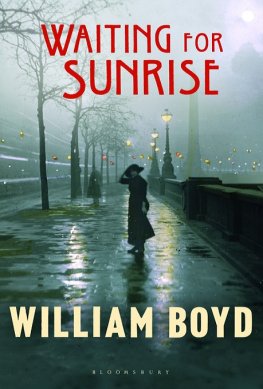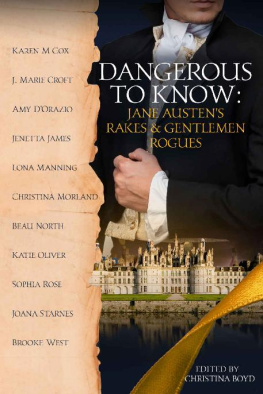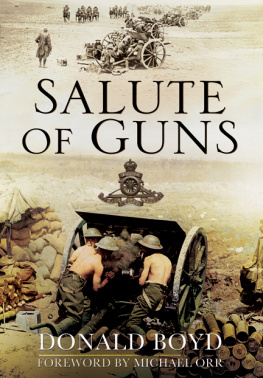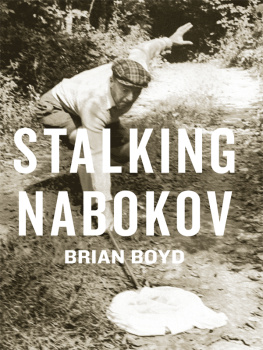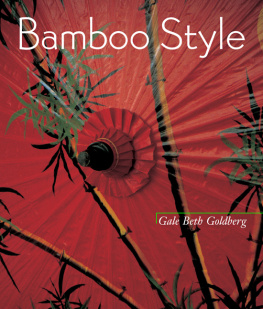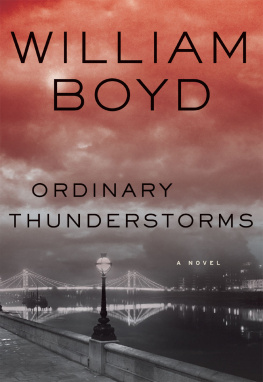William Boyd
Bamboo: Essays and Criticism
Plant one bamboo shoot cut bamboo for the rest of your life
CHINESE PROVERB
Plant one bamboo shoot cut bamboo for the rest of your life. This Chinese saying seemed an apt epigraph for this enterprise and the bamboo shoot of the first properly published review that I wrote for the New Review in 1978 has, like the plant does itself, multiplied exponentially. Surveying the totality of my non-fiction writing over the last quarter of a century as it was gathered in for this volume has provoked several reactions: astonishment, curiosity, incredulity. When did I find the time to write these hundreds of thousands of words alongside the main business of my writing life: novels and screenplays?
In any event, here is a judicious selection, perhaps 30 percent of the total, covering six broad subjects: Life, Literature, Art, Africa, Film and Television, and People and Places. The various articles, prefaces, profiles, reviews and introductions amount to a form of intellectual portrait, I suppose. These subjects, and their subdivisions, represent what interests me, infuriates me, obsesses me, fascinates me. Its one reason why, when the invitation to write comes from an editor, I find it so hard to say no.
In fact I realize that I have been writing criticism for as long as, and in parallel with, my fiction. While I was at university in Glasgow I wrote a novel (unpublished) called Is That All There Is? and at the same time I edited the arts pages in the university newspaper, giving myself the plum jobs of film and theatre critic. When I went to Oxford to do a postgraduate degree I contributed articles to Isis (interviews with other writers, in the main) as I began to write fiction more seriously (there was another bottom-drawered novel) and started slowly but surely to publish short stories. None of these articles makes it into this collection however, even though there might be grounds for including it or others as intriguing juvenilia. One of the reasons for writing criticism that is often passed over in silence is that not only do you see your own name in print (very important for a young writer) but also you get paid (most of the time) and you receive a free book. So I thought it was fitting to begin the selection process with the first published review that I received money for. It was commissioned in 1978 by Craig Raine, who was then books editor of the long-defunct New Review (and can be found on page 93). Interestingly enough, I have been writing sporadically for Craig in one form or another ever since, after the New Review at Quarto and more recently in Aret, and we were colleagues for a while on the New Statesman in the early eighties. I have had several similar editorial relationships over the period this compilation encompasses. As the editor has moved and changed jobs so have I tagged along. I think, amongst others, of Bill Bu-ford at Granta and then the New Yorker, of Peter Stothard at The Times and now the Times Literary Supplement, of Mary Kay Wilmers at the TLS and then the London Review of Books, and of Rebecca Nicolson at the Spectator, the Observer Magazine, the Sunday Telegraph and finally at Short Books. Christopher Hawtree oversaw some of my earliest reviews in the London Magazine in the early eighties and was an invaluable and indefatigable help in bringing this collection together. I am very grateful to him. One of the bonuses of assembling these pieces is that it enables you to trace these literary songlines in your output and your life. Its never quite so haphazard a journey as you think.
Faced with these hundreds of thousands of words I decided to impose a rough criterion of choice. I have tried mainly to include pieces that throw a light, sometimes strong and clear, sometimes oblique and occluded, on my novels, short stories and films. These pieces are often guileless anticipations of something I was going to write about; sometimes arguments with myself about subjects that were preoccupying me; and sometimes retrospective glances at aspects of our world about which my novelists research had made me a temporary authority. Writing a novel, amongst all manner of other things, is also a form of self-education: The Blue Afternoon led me to early powered flight and surgery, Brazzaville Beach to primatology, The New Confessions to Jean-Jacques Rousseau and so on.
At the same time I have resisted the temptation to fiddle and tamper. What is true of all writers is true of me also: we have our particular quirks, tropes and tricks of the trade, our favourite words, metaphors and jokes, our regular points de repre (in my case, it seems, an abiding fondness for bringing in Wallace Stevens, Paul Klee, Anton Chekhov, T. S. Eliot and Pablo Picasso to back up my contentions). There seemed no purpose in removing the inevitable repetitions: they make their own valid point about the way I argue my case.
Another motive for writing all these pieces is that it has always seemed entirely normal. It never occurred to me that this might be a waste of energy and inspiration that might be better employed elsewhere: I always wanted to write articles and reviews from the beginning of my literary career. Isnt this what novelists do? I thought. Dont they write as much as they can, all the time? In hindsight this argument may seem naive but in one of these articles I advance the notion that this is perhaps a particularly British phenomenon. Certainly in the two other literary worlds I am familiar with the USA and France their novelists seem positively costive compared to ours always excluding the prodigious John Updike, of course. It is as if the tireless energy of our great nineteenth-century exemplars Dickens, Trollope, Thackeray still inspires us, or has established a norm of writerly endeavour and output that with a few notable exceptions most British novelists (and many British poets, come to think of it) are happy to live with.
And yet there is an injunction to myself often to be found in the pages of my journal (something else Ive been writing for twenty-five years): the cry of, NO MORE JOURNALISM! And yet again, I seem incapable of following my own advice. The last piece that appears in this volume was written in December 2004. As I write this introduction, a month into 2005, I note that I have agreed to review a book for the Times Literary Supplement, produce a preface for some Katherine Mansfield stories and write a long article on films that feature Adolf Hitler. That bamboo shoot planted in 1978 has produced a bamboo grove that continues to expand, lush and densely green, spreading and thickening remorselessly.
WILLIAM BOYD, London, 2005
I have gone on record claiming that I am not an autobiographical writer, that my fiction will provide no handy keys to unlock the door to my personal history. However, I have written autobiographically in my non-fiction, more than I had ever imagined, and particularly about my African childhood and my schooldays a near-decade spent in a boarding school in the north of Scotland. But in putting this collection together I realized that, over the years, even more of my life had crept into my writings than I had thought. Therefore these pieces are assembled in rough chronological order the chronology of my life rather than their writing: there are big gaps but, to my vague surprise, they cover a fair bit of the ground. I still believe Ill never attempt a bona fide autobiography or memoir. I suspect that these occasional scraps and gleanings will be all that it will amount to.

